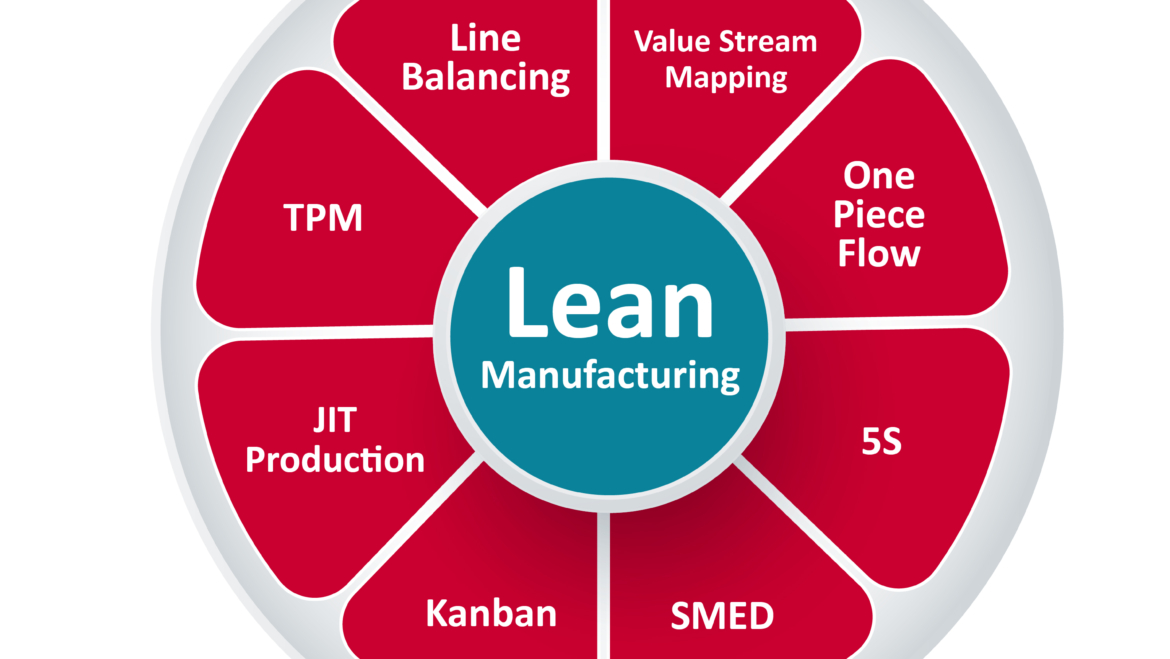Lean manufacturing is a business philosophy that focuses on maximizing value for the customer while minimizing waste. It originated in the manufacturing industry but has since been applied to a wide range of industries.
The fundamental principle of lean manufacturing is to eliminate waste from the production process. Waste, in this context, refers to any activity or resource that does not add value to the product or service being offered. Examples of waste include excess inventory, overproduction, unnecessary motion or movement, waiting times, and defects.
To implement lean manufacturing, companies typically follow a set of principles, including:
- Identify customer value: This involves understanding the needs and expectations of the customer and designing products and services that meet those needs.
- Map the value stream: This refers to analyzing the entire process of delivering a product or service, from the initial concept to the final delivery to the customer. The aim is to identify areas of waste and inefficiency.
- Create flow: Once the value stream has been mapped, the goal is to create a smooth flow of work through the process, minimizing waiting times, bottlenecks, and interruptions.
- Establish pull: This involves creating a demand-driven system in which products are produced only when they are needed, based on customer demand.
- Seek perfection: Continuous improvement is a key element of lean manufacturing. Companies should always strive to eliminate waste and improve the efficiency and quality of their processes.
Overall, the aim of lean manufacturing is to create a culture of continuous improvement and waste reduction, leading to higher quality, lower costs, and greater customer satisfaction.
Contact GKW Business Solutions on how Lean Manufacturing can improve the performance of you business.




